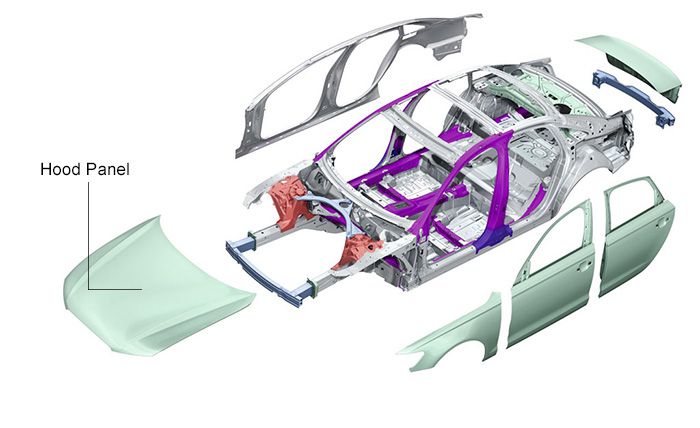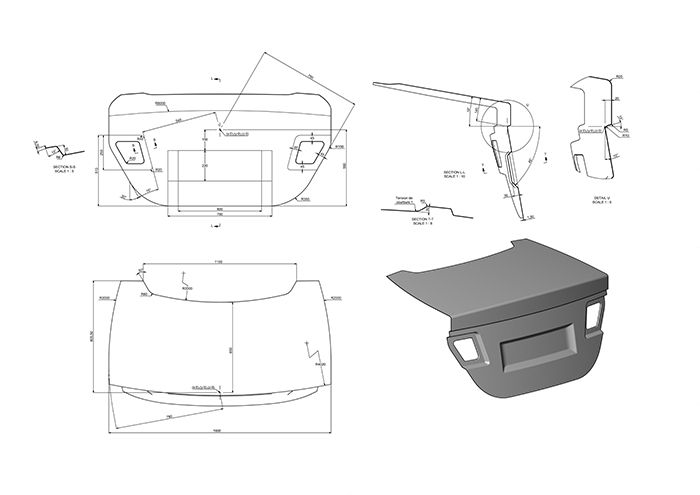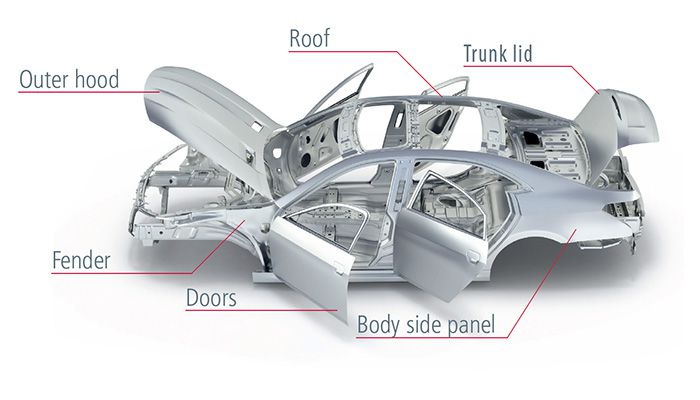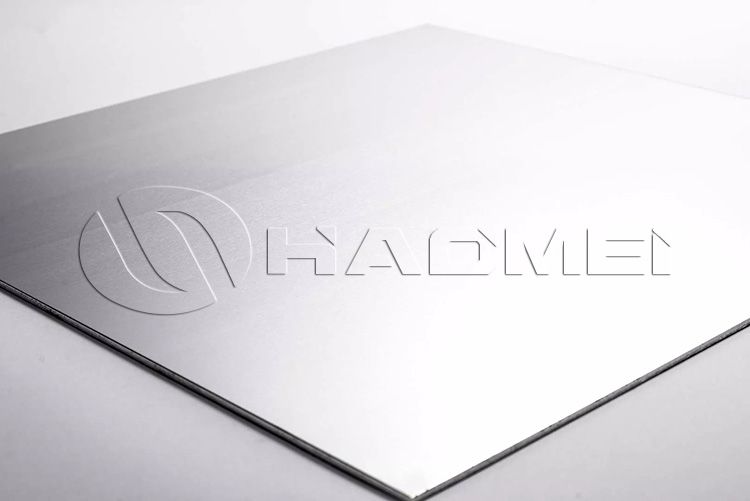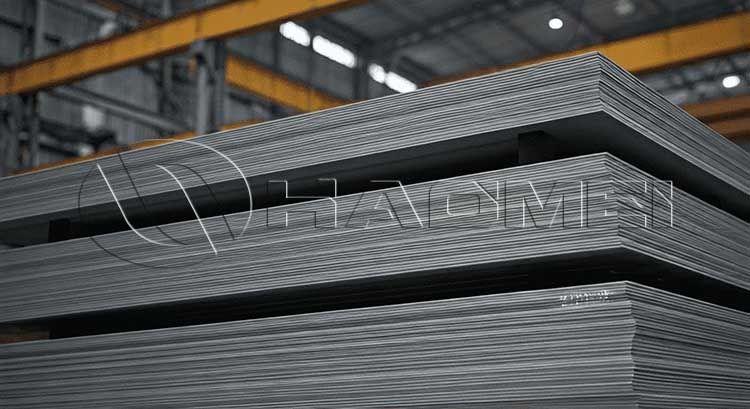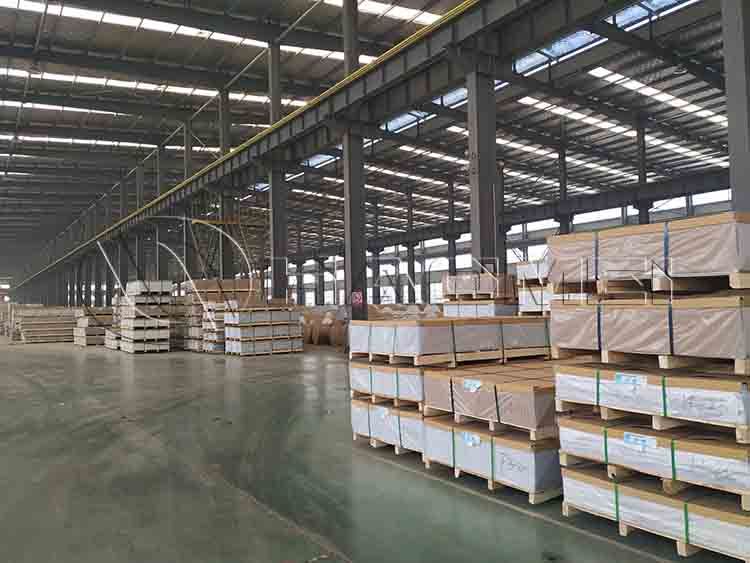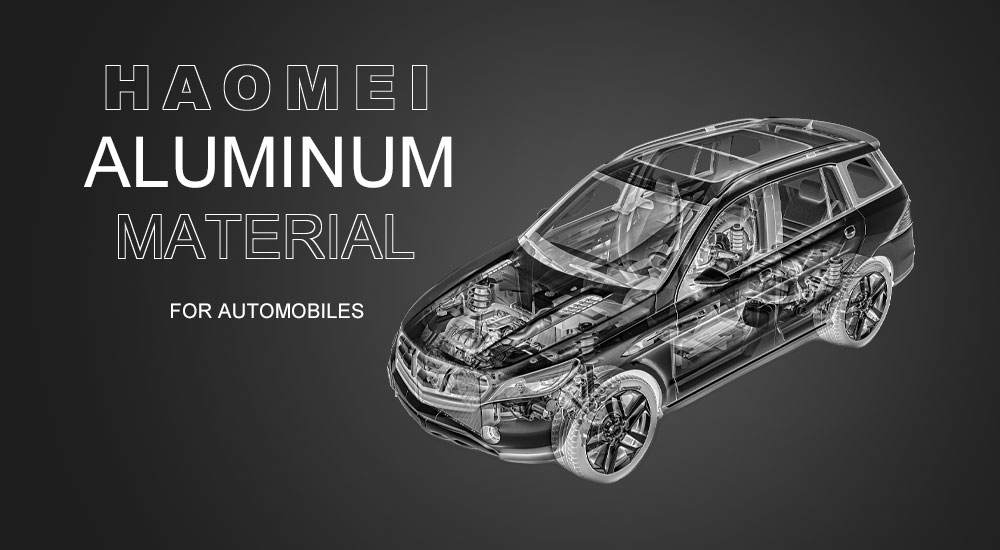
Global automobiles sales have been increasing continuously as people live a better life over recent years. A variety of factors like environmental pollution, fuel economy, and longer new energy vehicle range leads to a trend that automobiles are bound to be lightweight, which directly lead to a strong demand for lightweight materials, especially automotive aluminum sheets.
Haomei Aluminum has been founded for over 20 year, aiming to meet the market need for the high-end aluminum alloy product like aluminum in cars. Our company is a private joint-stock company. Its founder, Mr Ma, is a wise leader with international view, who has kept close contact with other professionals at home and abroad. Therefore, we can follow tightly with the latest aluminum processing technologies and meet the newest market need.
A commitment to sustainability is core to our business operations. We see tremendous opportunities in continuing to expand the use of lightweight, infinitely recyclable aluminum to help our customers achieve their sustainability goals. Haomei car aluminum alloys involves 1-8 series, mainly including 3xxx, 5xxx,6xxx and 7xxxx. The popular alloys have 3003, 5182, 5083, 5454, 6061, 6101, 7075 aluminum sheet/coil.


Introduction of Aluminum Alloy for Car Body
The need to reduce the weight of automobiles has been increasing year by year due to fuel efficiency regulations responding to environmental issues. Since the 1980s,there has been a gradual increase in the use of aluminum sheets for automotive body panels, car structural parts, car chassis,etc.
The involved automotive aluminium alloys cover 1-8 series. The main kinds are 3xxx, 5xxx and 6xxx. The typical ones are 3003, 5182, 5083,5052, 5454, 5754, 6061, 6101 and 7075 aluminum sheets. They are widely used for making bus bar conductor, car door, hood panel, truck lid, roof panel,etc.
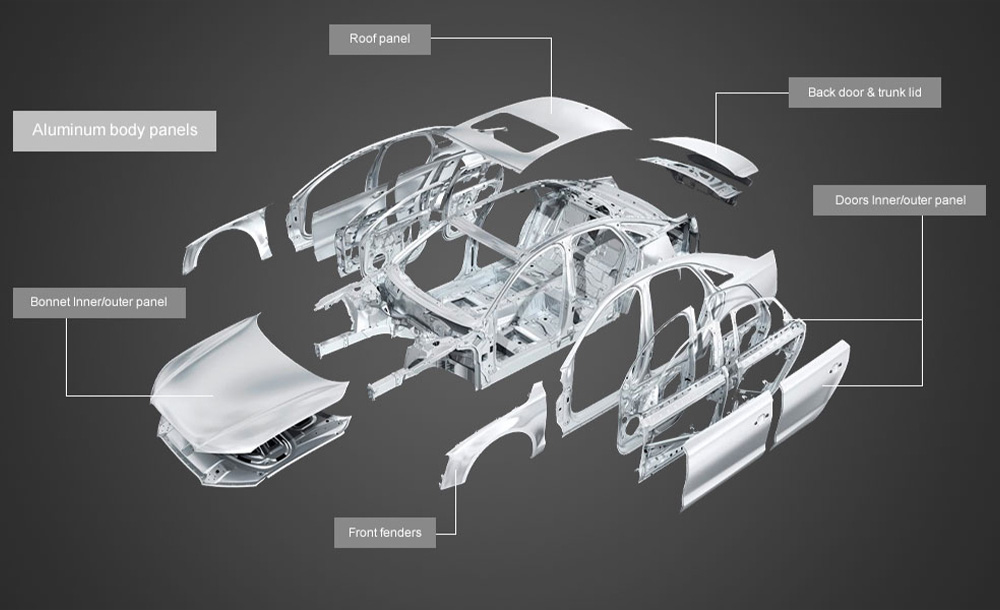
| Region | Fuel Economy Regulation |
|---|---|
| Europe | Long-term target for required fuel efficiency: CO2 emissions of 95g/km by 2021 |
| Newly introduced fuel-efficiency standards to be reached by 2025: fuel-efficiency of 54.5 mpg (23.2km/L) for passenger cars and small trucks; CO2 emissions up to 143g/mi (89g/km) for passenger cars | |
| Japan | Target fuel efficiency: 20.3km/L (JC08 Mode) for gasoline-powered passenger cars by 2020 |
